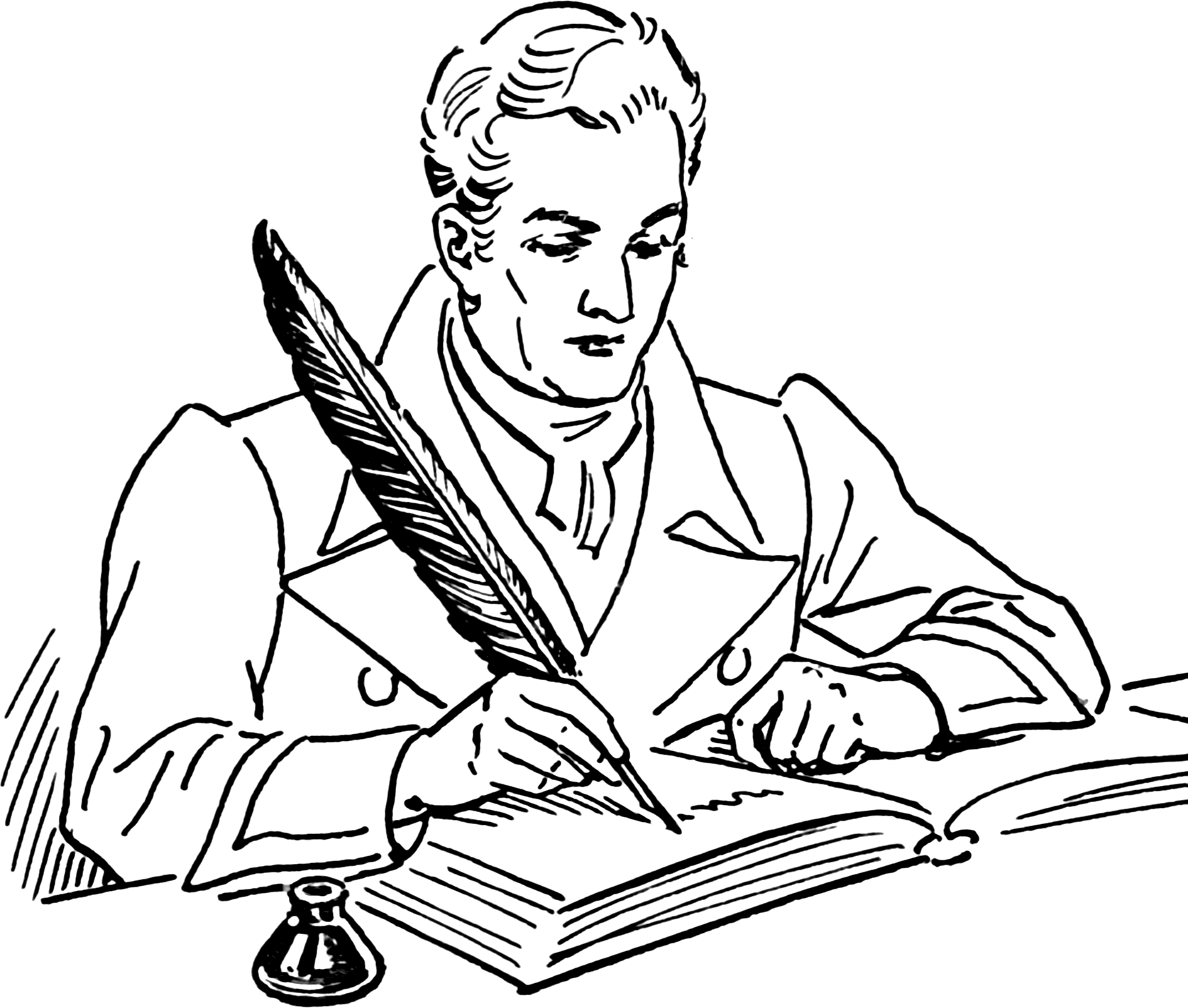Presenter: -Welcome again to another episode of
"In The Culture Studio", where we talk about the art, music, novels
and much more. Don't lose the tonight's interview with Samuel Wilkinson, a
jingles writer who worked in campaigns for industries such as McDonald's,
Pepsi, Nike, and also Barack Obama's presidential elections campaign.
He will refer to us how they used the media to send the messages and how it can
reach different people. Now, welcome everybody Samuel Wilkinson (applause).
Good evening Sam, how are you tonight?
Wilkinson: -Hello, I'm very glad of being here, thank
you for the invitation.
Presenter: -You are welcome, please take a sit. So
tell me about your life Sam, where did you study?
Wilkinson:
-After high school I chose to study music composition in Juilliard School. When
I was a young boy I used to watch all this big starts such as David Bowie
playing their music in big concerts, with all the fans shouting mad; and I
wanted to be like that. When I grew up I lost that dream of being a rock star,
though I didn't lose the love for music. So I decided to join the music
industry as a quite composer, I made music for campaigns, important idols such
as Madonna, and movie's soundtracks.
Presenter:
-Very interesting. Tell me, how is it different to compose music for jingles
than for rock stars?
Wilkinson:
-That's a good question. The most important thing of this business is to know
how music can fit different needs. Sometimes music is free to play whatever the
artist wants, that's the case of independent bands or a contemporary composers.
But when music is at the mercy of others, for example religion or movies, the
composer isn't free to do whatever he wants; he must use it to transmit a
specific message. The last jingle I wrote was for a jacket brand. The most
important thing is to know what is the image that the company wants to project
to the people. For example coca-cola relate their product with happiness. In
this case, the jackets brand, that is called "South Pole", wanted to
make a relation between their clothes with the warm sensation of being at home
with the family in winter season. So I can't just drop a pair of electric
guitar riff and a hard percussion as if I was composing for a rock band. I need
to be selective at the time of choosing the instruments, melodies and the most
important, lyrics.
Presenter:
-I think that the song from the South Pole's ad is awesome. It's very
interesting to know from the words of a real composer these types of
differences that are more technical. But how does the lyrics of your songs varies
according to the message, the audience and the medium by which it will be
transmitted?
Wilkinson:
-Well, when an agency calls me to work with them, there are other bureaus that
take care of those aspects of the publicity. Once I receive all the information
about the media, the target audience and the image that they want to project, I
can start writing. The media I commonly work with is TV, Internet, mp3 and
radio. Those are the ones by which it's possible to reproduce a song. If the
target audience is teenagers then the ad will be reproduced on certain TV
shows, at a specific hour and station in the radio, and the Internet is much
precise at this point because it offers profiles of the users. To reach
teenagers we must know what they consider attractive, things like alcohol,
parties, friends, doing sports, having a good time is what they like. So when a
brand wants to link to a concept, they must consider to whom that is
attractive. My songs lyrics can go from marriage to anarchist, it all depends
whom are we trying to reach. And the music is vital, because generations
identify themselves with different styles and genres. For example, if I try to
catch the attention of an old man, I will surely write a classic rock ballad,
something soft, acoustic and rhythmic. But if I want to catch a teenager, then
I'll have to use synthesizers, a fast tempo, a loud melody, something that he
would like to hear in a discotheque. The lyrics may have slang and jargon, but
the image that the brand wants to represent is the main focus of the song's
lyrics.
Presenter:
-So the image that the company wants to project is the most important thing?
Wilkinson:
-That's right. I cannot say in my lyrics only subjects that will call the
audience attention, I must find the balance between the message that the
company wants to deliver, and the things the audience wants to hear.
Presenter:
-Sam Wilkinson, thank you very much for being part of tonight's show. I hope we
can se you here again soon. Thank to the audience and see you the next weekend
with more of In the Culture Studio. Goodnight.





